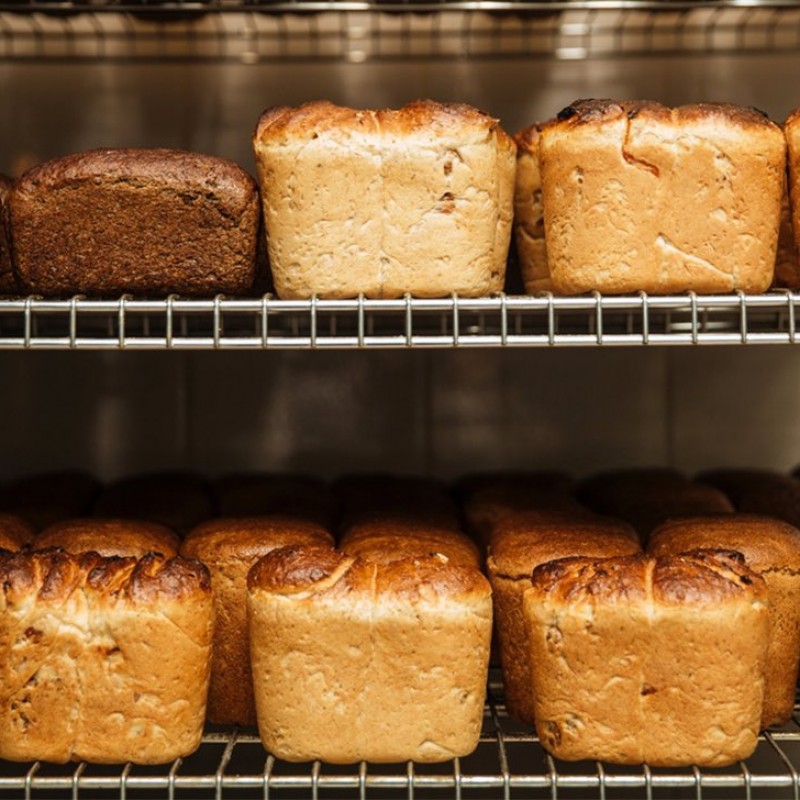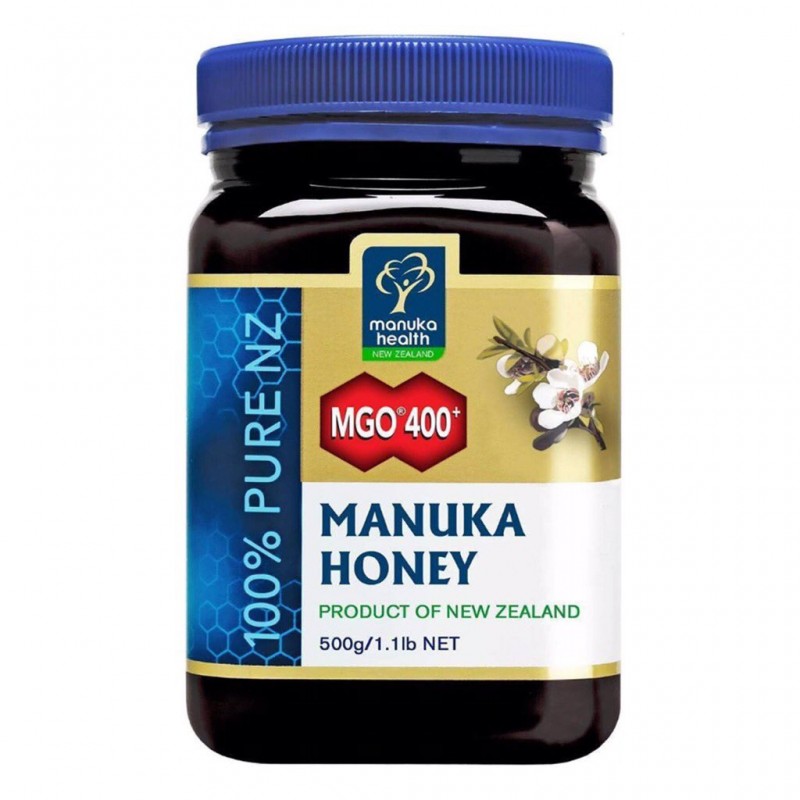Food and your heart health
You can definitely reduce your risk of cardiovascular disease by eating certain foods every day. There is a large variety of fruits and vegetables that benefit your heart. Try to eat foods that are in their natural form, as they come from the earth, and what might be called a "whole foods diet" is recommended.
This diet includes heart-healthy foods like nuts, fish, whole grains, olive oil, vegetables and fruits, but don't be afraid to treat yourself occasionally with a piece of dark chocolate, which is a healthy food. Use the following list as a guide to preparing snacks with a healthy focus. Just a few simple swaps can make a big difference to your cardiovascular health.
11 foods that are good for your heart
Fish that are high in omega-3s, such as salmon, tuna, mackerel, and herring.
A handful of healthy nuts like almonds or walnuts will satiate your hunger and help your heart.
Berries are full of heart-healthy phytonutrients and soluble fiber. Try blueberries, strawberries, or berries in cereal or yogurt.
Seeds: Flaxseeds contain omega-3 fatty acids, fiber and phytoestrogens to promote heart health. Take it in a ground form to reap the most benefit. Chia seeds also provide omega-3s, fiber and protein and can be eaten whole.
Oats: It is one of the nutrients. If you're not a fan of cooked food, try adding oats on top of yogurt or salads, or adding it to a mix of healthy foods like fruits.
Legumes: Beans, lentils, chickpeas and black beans are rich in fiber, B vitamins, minerals and other good things.
Soy: Add seasoned edamame or tofu to a stir-fry with fresh vegetables for a heart-healthy lunch or dinner.
Red, yellow, and orange vegetables: Carrots, sweet potatoes, red peppers, tomatoes, and squash are packed with carotenoids, fiber, and vitamins to help your heart.
Green vegetables: such as spinach and cabbage. Broccoli is packed with powerful nutrients like vitamins C and E, potassium, folic acid, calcium, and fiber.
Fruits like oranges, cantaloupe and papaya are rich in beta-carotene, potassium, magnesium and fiber.
Dark chocolate: good for your heart, the more cocoa, the better! (Fiber and protein go up with higher cocoa and lower sugar.) If you are a fan of milk chocolate. Start with at least 70% cocoa.
Extra virgin olive oil
Sprinkle it on top of salads, or use it to stir-fry a variety of colorful vegetables; Either way, this oil has a proven track record when it comes to the health of your heart. Olive oil is full of monounsaturated fatty acids, which can help lower bad cholesterol. Extra virgin olive oil is also rich in antioxidants, which work in your body to prevent damage from unstable molecules called free radicals that can damage cells. Including those that form the walls of arteries. When arterial walls are damaged, it is easy for fatty deposits to stick to and form plaques that block blood flow.
Tip: Try replacing olive oil with the unhealthy saturated fats found in other fats, such as butter. To avoid heat and chemical processing during packaging, choose extra virgin olive oil, which is made by mechanically pressing olives.
Playing sports
While this isn't a food, all the foods you eat won't do much without it. Heart health doesn't just depend on what you eat, it also requires regular physical activity.


